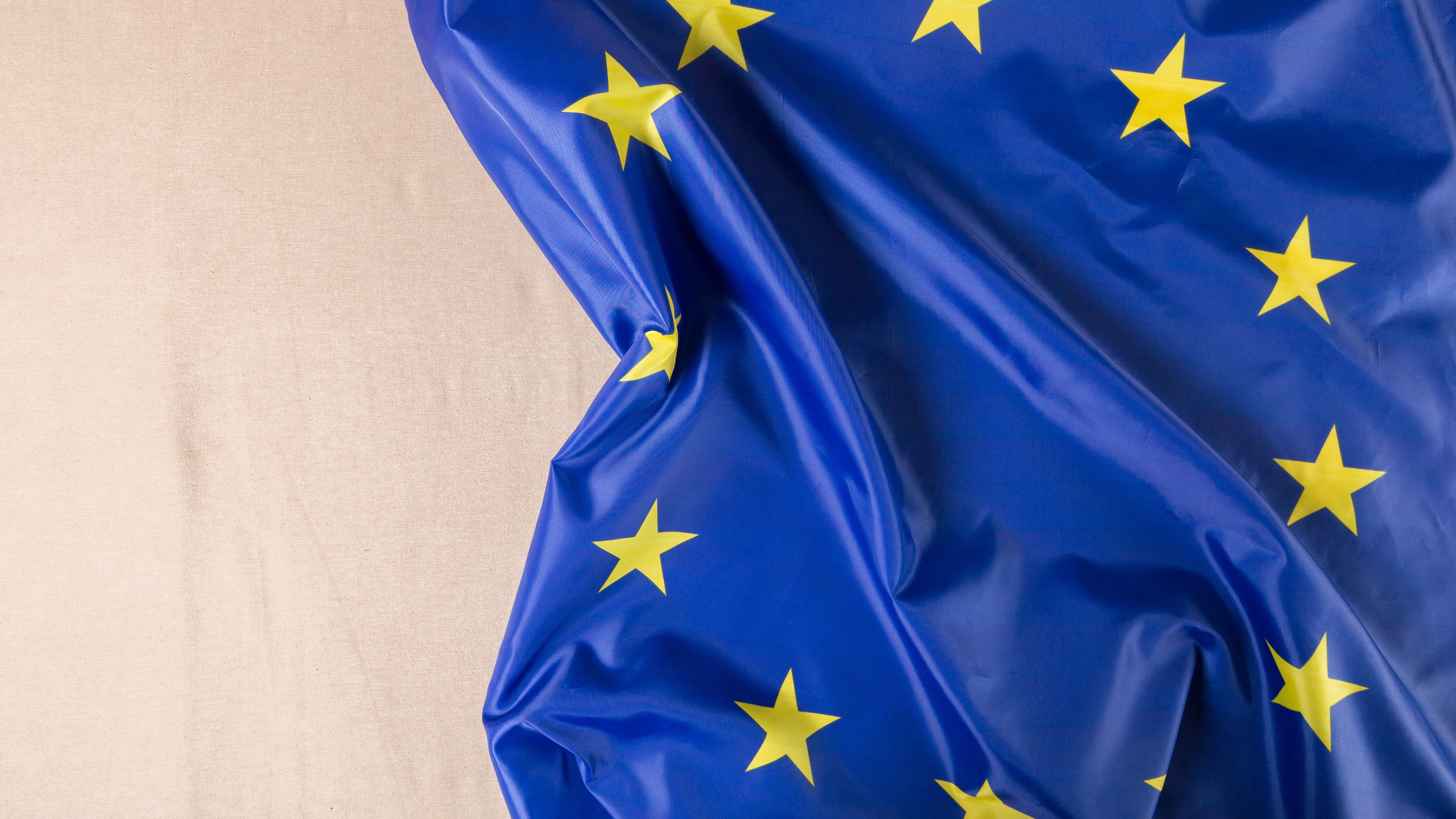Instagram is aligning its Teen Accounts with PG-13 movie standards, aiming to ensure that users under 18 only see age-appropriate material. Teens will automatically be placed in a 13+ setting and will need parental permission to change it.
Parents who want tighter supervision can activate a new ‘Limited Content’ mode that filters out even more material and restricts comments and AI interactions.
The company reviewed its policies to match familiar parental guidelines, further limiting exposure to content with strong language, risky stunts, or references to substances. Teens will also be blocked from following accounts that share inappropriate content or contain suggestive names and bios.
Searches for sensitive terms such as ‘gore’ or ‘alcohol’ will no longer return results, and the same restrictions will extend to Explore, Reels, and AI chat experiences.
Instagram worked with thousands of parents worldwide to shape these policies, collecting more than three million content ratings to refine its protections. Surveys show strong parental support, with most saying the PG-13 system makes it easier to understand what their teens are likely to see online.
The updates begin rolling out in the US, UK, Australia, and Canada and will expand globally by the end of the year.
Would you like to learn more about AI, tech and digital diplomacy? If so, ask our Diplo chatbot!










